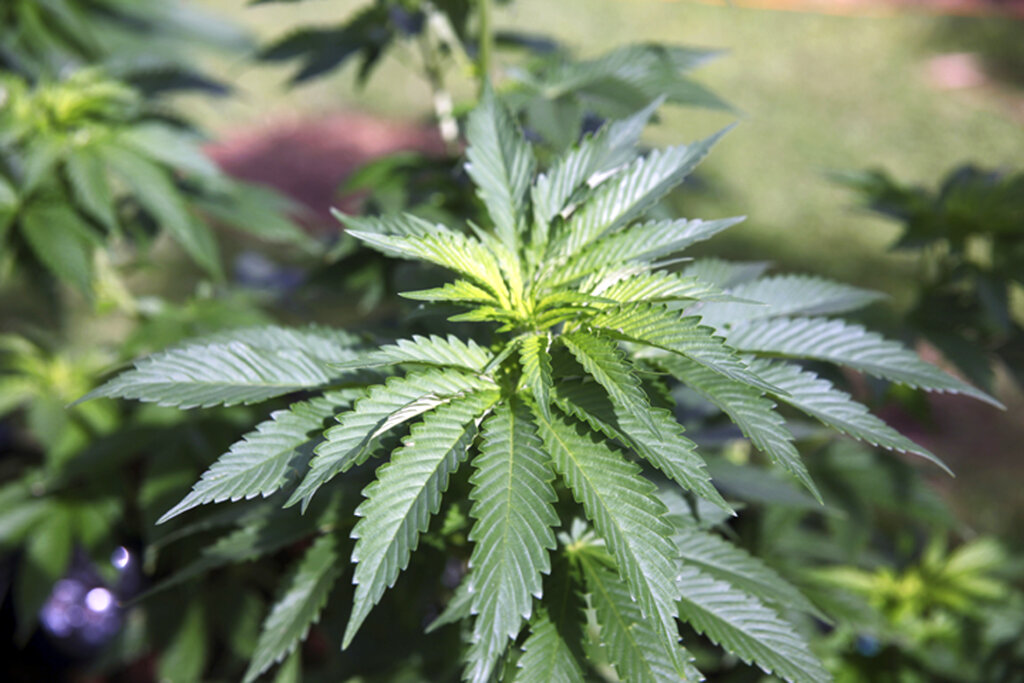

Marijuana will not be legalized in Hawaii this year.
The state’s House Finance Committee announced on Tuesday that it would not consider SB 3335, Hawaii’s state legalization measure to legalize cannabis. The decision effectively ended any chance of the drug being legalized in the Aloha State in 2024.
“The path to legalizing adult-use cannabis has been a deeply divisive issue. This year marked its furthest progression, with SB3335 narrowly passing its second reading,” Democrat House Finance Committee Chairman Kyle Yamashita said in a released statement. “Due to numerous concerns regarding the implementation of the bill, the House has decided against further deliberation in the House Finance Committee. This decision is strengthened by the prevailing ‘no’ votes from committee members expressed on the House floor.”
The committee decided to prioritize efforts to rebuild following Hawaii’s devastating fires in August 2023 instead of marijuana legalization.
“During an abnormally fiscally challenging year, the committee must prioritize addressing wildfire-related expenses after the August 8 tragedy in Lahaina and Upcountry Maui,” Yamashita said. “Ensuring the recovery of our communities continues to come at an extraordinary cost to the state budget, and the full cost of implementing the legalization of adult-use cannabis is unknown.”
“We recognize that now is not the opportune time for its implementation, as we navigate the challenges of managing the largest wildfire recovery efforts in Hawaiʻi’s history,” Yamashita stated.
CLICK HERE TO READ MORE FROM THE WASHINGTON EXAMINER
Other elected officials considered the concerns law enforcement officials had with possible marijuana legalization in the state. Hawaii’s Democratic House Speaker Scott Saiki conveyed these issues in a separate statement and expressed the desire to prioritize the “overall well-being” of the state’s residents over marijuana legalization efforts.
“In hearing the overwhelming testimony and serious concerns from members of Hawaiʻi’s law enforcement industry, this bill requires further consideration of the impact legislation will have on our children, economy, and overall well-being,” Saiki said.







